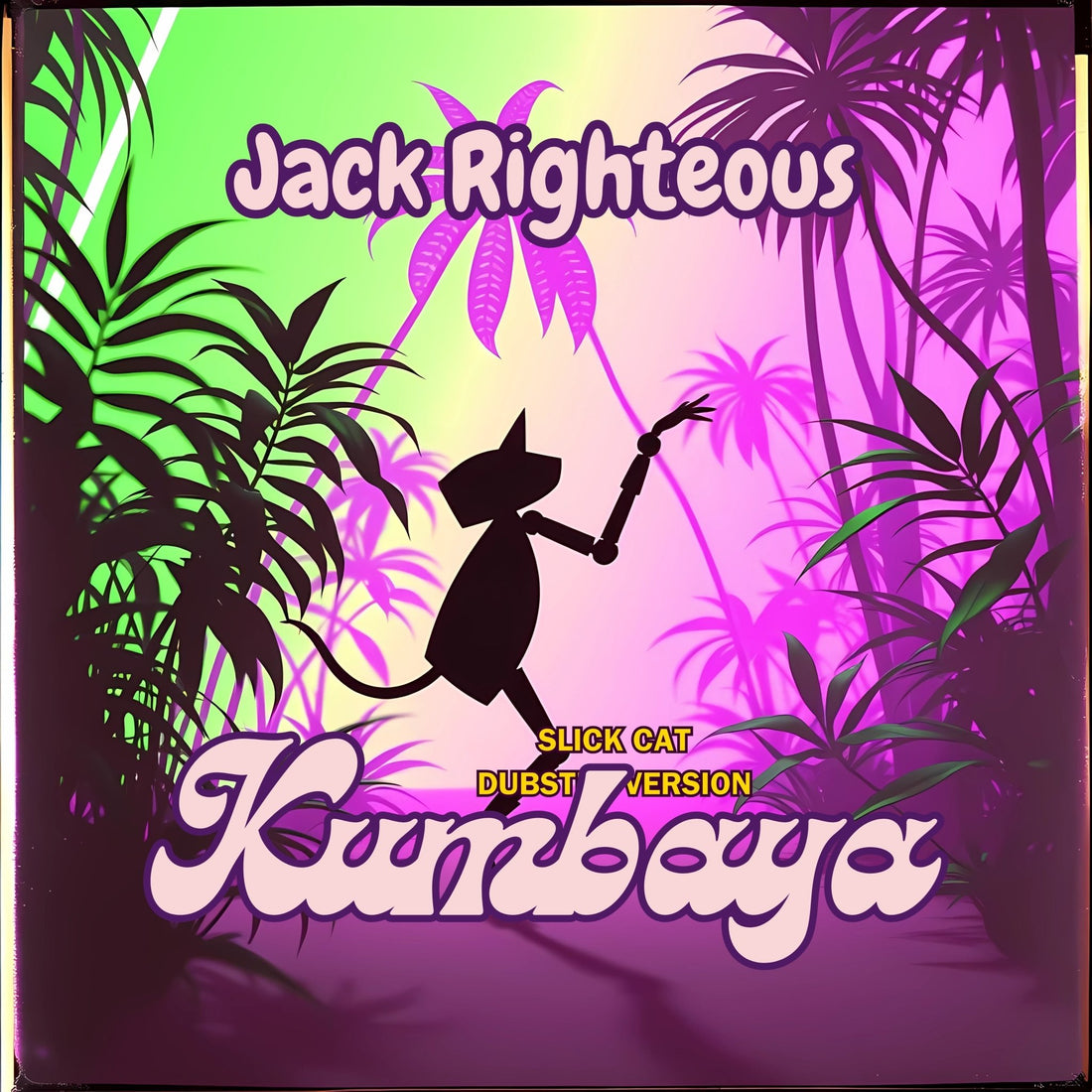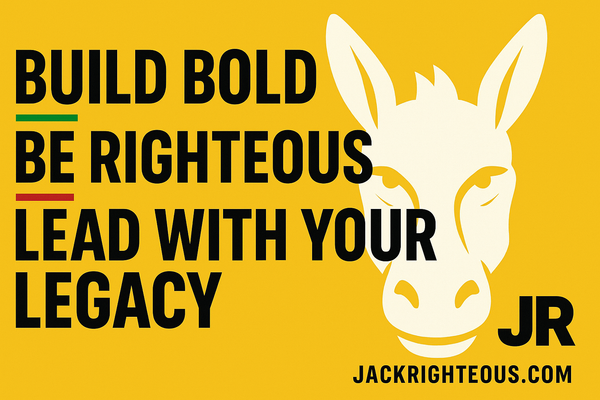
Recreate Classics: Kumbaya with SUNO AI’s Creative Spin
Gary WhittakerKumbaya: History, Musical Analysis, and Adaptations
“Kumbaya” is an African-American spiritual song with deep historical and cultural significance. Originating from the Gullah culture of the Sea Islands off South Carolina and Georgia, the song’s title translates to “Come by here” in the Gullah language, serving as a heartfelt plea for divine presence.
Origins and Historical Notes
The earliest known recordings of “Kumbaya” date back to 1926, captured by folklorist Robert Winslow Gordon. The song became widely associated with civil rights movements and spiritual gatherings, where its simple yet powerful lyrics and melody united communities in a shared expression of faith and hope.
Reverend Marvin V. Frey claimed authorship of the song in the 1930s under the title “Come By Here,” though evidence shows that “Kumbaya” was already part of the oral tradition. Today, it is considered public domain due to its traditional roots.
Musical Composition
Key Musical Features:
- Tempo: ∼60–80 BPM, slow and reflective.
- Time Signature: 4/4 (common time).
-
Chord Progression (Key of C Major):
- Verse: C – F – G – C (with variations such as adding Dm between F and G).
- Chorus: Often mirrors the verse progression but allows for dynamics to build.
-
Instrumentation:
- Traditionally sung a cappella, later accompanied by acoustic guitar, piano, light percussion, and optional strings or woodwinds for richer arrangements.
Structure:
- Intro: Simple vocal or instrumental lead-in.
- Verses: Meditative and repetitive, emphasizing the plea for divine presence.
- Chorus: Builds in intensity, with harmonies or additional instruments.
- Outro: Typically a peaceful fade-out, returning to quiet vocals or humming.
Jack Righteous Adaptations
Gary Whittaker, known as Jack Righteous, has created four unique adaptations of “Kumbaya,” blending the song’s traditional roots with a contemporary spiritual and reggae influence. Below is a breakdown of one of his versions:
Version 1:
Intro:
Kumbaya.
Kumbaya.
My Lord
Kumbaya.
Oh Jah!
Verse 1:
Somebody singing, Lord, Kumbaya,
Somebody singing, Lord, Kumbaya,
Somebody singing, Lord, Kumbaya,
Oh Lord, Kumbaya.
Instrumental Build-Up
- Features light percussion and bass groove, introducing a reggae vibe.
Chorus 1:
Kumbaya, mi family near,
Kumbaya, Jah voice we hear.
Verse 2:
Somebody singing, Lord, Kumbaya,
Somebody singing, Lord, Kumbaya,
Somebody singing, Lord, Kumbaya,
Oh Lord, Kumbaya.
Bridge:
- Instrumental break with dynamic percussion, creating an atmospheric pause.
Chorus:
Kumbaya, mi family near,
Kumbaya, Jah voice we hear.
Outro:
- Peaceful fade-out with light percussion and bass, evoking a tranquil, meditative atmosphere.
Additional Versions by Jack Righteous
Jack Righteous has released multiple adaptations of “Kumbaya,” each with a unique tone and arrangement:
-
Original Version: Created using SUNO AI, this version retains the traditional meditative feel with a modern production touch. Listen here.
-
"Mi Plead" Version: A heartfelt rendition emphasizing personal and spiritual plea. Listen here.
-
Confident Tone Version: This adaptation conveys a sense of strength and assurance in the message of faith. Listen here.
-
Slick Cat Dubstep Version: A bold and innovative dubstep adaptation inspired by SUNO AI-generated imagery. Available as a free download on BandCamp. Download here.
Themes and Innovations in the Adaptations
- Reggae Influence: Jack Righteous’ use of reggae rhythms, syncopated bass lines, and instrumental builds brings a modern Caribbean feel to the traditional spiritual.
- Lyric Enhancements: The addition of “Oh Jah” reflects a Rastafarian influence, merging Christian and reggae spiritual themes.
- Instrumental Depth: Dynamic builds and instrumental breaks add layers of emotional intensity and meditative pauses.
- Cultural Bridge: By combining traditional Christian lyrics with modern reggae elements, Jack Righteous creates a version that resonates across generations and cultures.
Legacy of “Kumbaya”
From its Gullah origins to its global adaptations, “Kumbaya” remains a song of unity and spiritual reflection. Jack Righteous’ versions honor this legacy while breathing new life into the classic, ensuring its relevance in contemporary music and worship.
Let me know if you’d like to add specific production notes or further details for the other adaptations!
